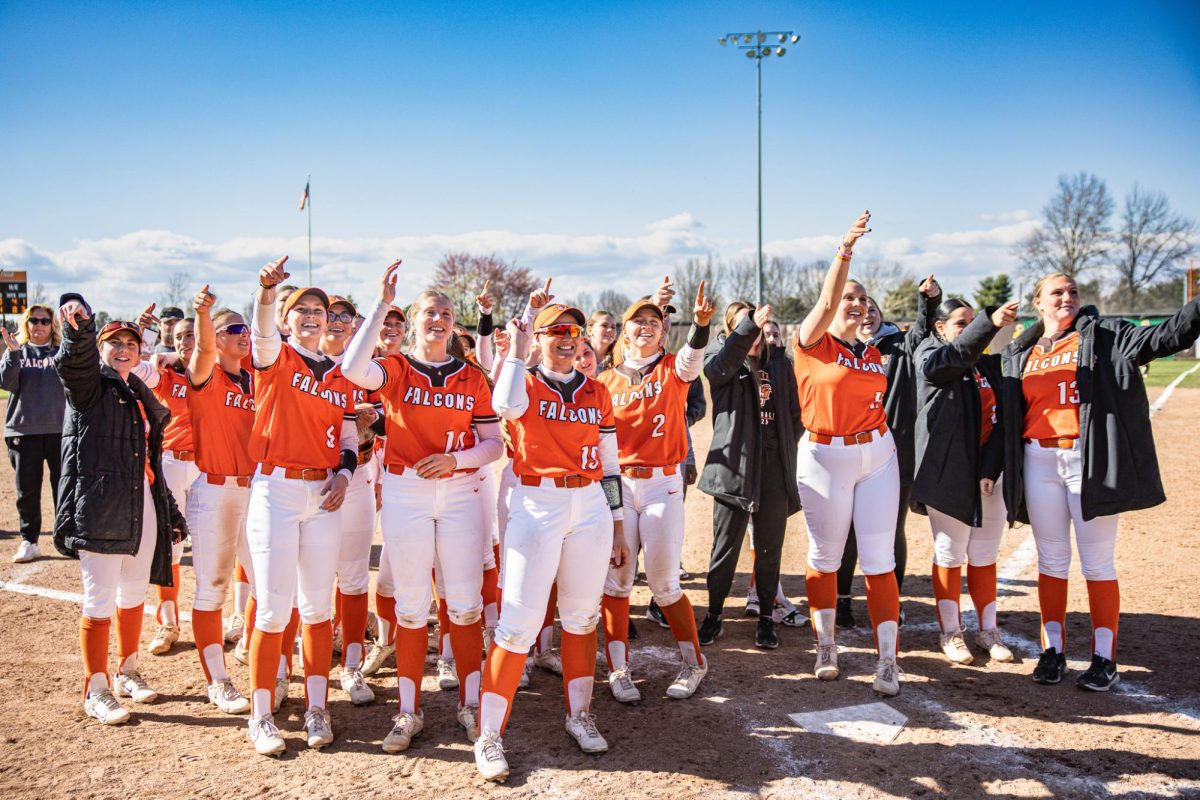“When I use a word, it means just what I choose it to mean – no more, no less,” said Humpty Dumpty in Lewis Carroll’s classic, “Through the Looking Glass.”
Some have recently taken on Humpty Dumpty’s role in defining words and terms – in this case, redefining “marriage.”
Marriage has been almost universally defined in Western society as a lifetime union of one man and one woman for the dual purpose of procreation and furtherance of the couple’s mutual happiness. These notions are implicit in the marriage covenant.
A covenant is more than a contract. A contract is an agreement in which certain rights and responsibilities are conferred on each of the parties. A marital covenant is the unconditional giving of oneself to the other, completely, exclusively and without reservation. There’s no 50-50 involved in a true marriage. It’s 100 percent from and by, each party.
Love is an act of the will and is the glue that binds the marriage. Not just the romantic notion of “love,” but the love that translates into service. Each partner vows to be of service to the other for life.
For centuries, society implicitly understood that this constituted the essence of marriage. To be sure, not all marriages meet this standard, but the goals were generally acknowledged and pursued.
Marriage is so important that society has developed rules regarding who may enter into it (based on age, degree of blood relationship and mental competence), as well as rules for its dissolution.
Enter Humpty Dumpty. Today, there is an attempt to redefine “marriage” and fundamentally change the nature of the marital covenant. Sexual attraction would be the central criterion. Under the redefinition, one of the most fundamental arrangements of society would now depend chiefly on glands and libido.
History is filled with efforts to redefine things and their disastrous results. “Special handling” was used by the Nazis to designate murder. “Life unworthy of life,” and “resettlement” were other favorites in the National Socialist lexicon.
“Liquidation” was the term of choice to describe the massacre of enemies in the Soviet Union. Even in our own country, “selective breeding” was endorsed to produce “high grade” individuals.
Whenever an effort to redefine things is launched, especially accompanied by the seductive terms of “fairness” or “equality” or “justice,” society has a duty to carefully ascertain what would be gained and what would be lost. It’s easy for sentiment, enticed by egalitarian “feel-good” verbiage, to replace critical thinking.
Certainly, homosexuals must be treated with respect, dignity and without patronization. Equally certain, however, is that the future of society’s pivotal institution must not be held hostage to an agenda benefiting only a few.
Unmarried adults should be able to designate who may visit them in the hospital, who may act in their stead in case of life-or-death medical emergencies, or who may inherit their possessions.
There is no procreative activity in a homosexual union. Biology dictates otherwise. And openness to new life is an intrinsic part of the martial covenant.
“Civil unions?” Perhaps. “Marriage?” No.
Words have meanings and connotations, and are important, particularly if they are freighted with such deep societal consequences. “Marriage” is such as word and institution.
If the homosexual “marriage” agenda succeeds, it may take generations to undo the damage. And Humpty Dumpty may never be put back together again.
Respond to Phil at
thenews@bgnews.com









